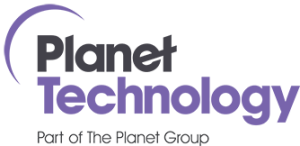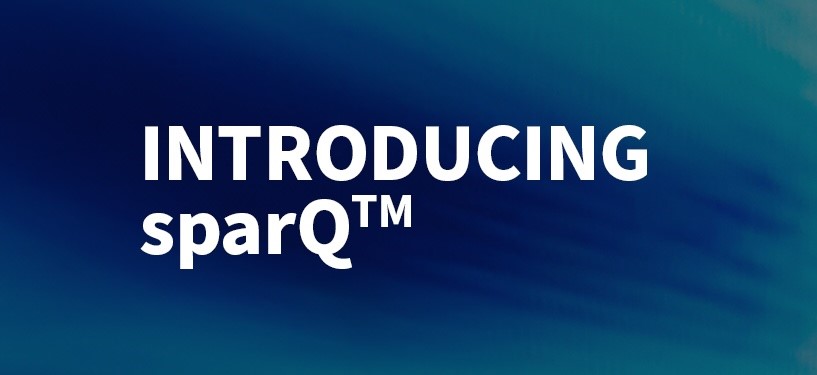This post was originally published on the Planet Technology blog.
___
The demand for IT professionals is strong and has remained so even during the pandemic. That’s great news for job seekers. But even if you’ve studied IT in school, when you get out into the job market, there are so many opportunities. How to decide in which direction to go?
Certifications are a great way to help entry-level IT technicians learn about the different paths in tech careers and build the skills necessary for those jobs. These certifications look good on your resume, for sure. But they also can help you figure out what interests you the most. Here are the five most valuable certifications to earn for a career in IT.
Microsoft Technology Associate
Because it encompasses so many different topics, the Microsoft Technology Associate (MTA) certification is a great place to start. The MTA course introduces students to many Microsoft related topics including Microsoft 365, and network and security protocols within Microsoft’s suite of products and services.
By the time you take the exam, you’ll have the skills to go in any direction you choose. Microsoft offers MTA certification in three main areas: IT infrastructure, Database and Developer. A good place to begin is the IT infrastructure certification. That one covers the big picture, like desktop and server infrastructure, and the Windows operating system. Check out all these options on Microsoft’s site here.
Microsoft 365 Fundamentals
With so many companies using Microsoft products, getting the Microsoft 365 certification will make you very marketable. This course will teach you about all the products and services that Microsoft offers. It will provide use cases, helping you choose which services are best for your company and how to administer them. You’ll learn how to set up user permissions so that the right people have access to the data they need, and others do not. It will also provide fundamentals of cloud computing, essential to using the Microsoft 365 suite of products, including Office 365 and Microsoft Azure, and the pros and cons of on-premises versus cloud-based (SaaS) software.
This is a good certification for someone looking to get into a tech support role. It’s also beneficial for someone who wants to up their skills to move into a system administrator position. Microsoft offers the course on their site here with two options: self-paced, virtual or instructor-led.
A+ Certification
A+ is a certification offered by the Computing Technology Industry Association (CompTIA), the leading industry association in IT. A+ is a good place to start if you’re interested in technician positions like help desk, data support, desktop hardware support, field service, associate network engineer and many other technical support roles. This is an important certification for anyone who wants to troubleshoot or solve any type of technical issues that users have with hardware, software or operating systems.
The course is self-paced and virtual, offered via CompTIA’s website. The A+ Core certification requires candidates to pass two separate exams. For more details, including cost, please go to CompTIA’s site here.
Network+ Certification
The Network+ certification, also offered by CompTIA, is focused on IT infrastructure. So, for example, if you want to learn how to design and implement functional networks, or you’re interested in network security for an IT department or team, this certification fits the ticket. The Network+ certification could help you move into roles like network engineer, system administrator, datacenter support and telecommunications, cable or NOC technician. Like the A+ course, it’s offered online via CompTIA. For more details, please see the Network+ page on CompTIA’s site here.
Security+ Certification
Today’s headlines are full of security breaches and hacking disasters. That’s why upping your skills in IT security is a good move. CompTIA’s Security+ certification gives you the basic skills to execute core security functions, whether you’re working in an enterprise environment or in hybrid configurations like the cloud, mobile or IoT. The course material covers key laws and policies, and compliance, risk and governance protocols. You’ll also learn how to identify security events and respond appropriately.
It’s a good certification for a variety of positions, whether they are directly involved in security or not. So, for instance, certainly roles like security engineer or analyst, security administrator or network/cloud engineer. But it’s also a great tool to have if you are a systems administrator, helpdesk manager, IT auditor, IT project manager or DevOps software developer. Like the A+ and Network+ certifications, CompTIA offers the course online here.
Where to begin?
While each of these certifications are valuable, which one to choose first depends on your starting point. If you are at the beginning of your IT career, the MTA will give you skills in many different areas and help you choose the direction you want your career to take. The other four certifications – Microsoft 365 Fundamentals, A+, Network+ and Security+ — could be your next step, when you decide which IT field most interests you. Each of these courses gives you the basics in those topics.
But while these certifications are full of great information, they’re not overly time-consuming. You could complete them while you’re still in school or while working. If you’re currently considering a career change, it’s a great way to learn if IT is right for you.
___




